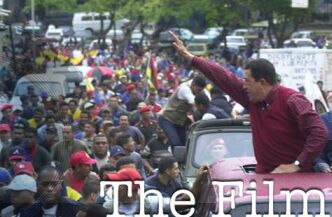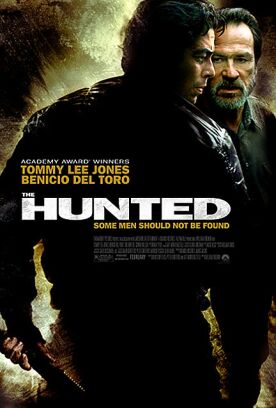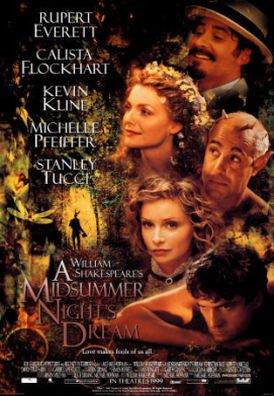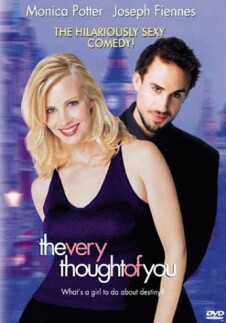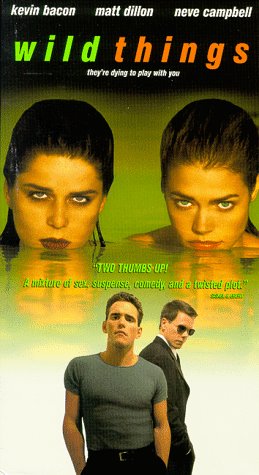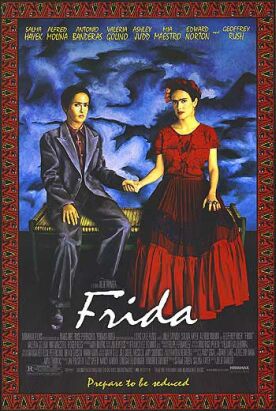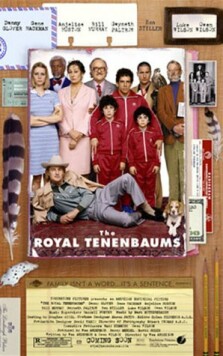Revolution Will Not Be Televised, The
You’ve got to suppose that the title of The Revolution Will Not be Televised is an ironic joke — the only thing resembling a joke in the movie, by the way. Not only is the revolution televised, so is the counter-revolution and the counter-counter revolution, which put President Hugo Chávez into the Palacio de Miraflores in Caracas, Venezuela, then booted him out, then put him back in again. In fact, everything is televised. The first thing Chávez says on his return to the palace after the ousting of those who had plotted the coup against him is: “Show me the video of the night they took me away. . . I couldn’t talk to you then, but I knew we’d be back.”
How does it happen that there is video of this — and so much else — in the first place? Well, because Kim Bartley and Donnacha O’Briain, the Irish team who have put this documentary together, were “the only media inside the presidential palace” at the time of the coup. And can you guess why this might have been? Did they just happen to have shown up there on the night of the coup, on April 11, 2002? Uh, no. Although they describe themselves as “independent filmmakers,” they are, as it quickly becomes apparent, unashamed propagandists for Chávez and his “revolution”— so that the only way to make sense of their 74-minute parade of chaotic images is in Chávezian terms. Not only are there no talking heads to speak of, there are no cooler heads either: and certainly no one who is allowed to put anything resembling an anti-Chávez case to the camera.
I said that everything was televised, but in fact one thing was left out: any hard data about President Chávez’s stewardship of the economy or his popularity among the people who are not part of the jubilant crowds that seem to greet him everywhere he goes in this film. That, taken together with Ms Bartley’s and Mr O’Briain’s obvious determination to portray el presidente in a good light and those who have opposed him in a bad, is a pretty bad sign. Anyone watching their movie would have no idea that Chávez during his five years in power has run his country’s economy into the ground and increased the numbers of the extreme poor whose plight is said to concern him so deeply, or that he has at most the support of a third of the population.
In fact, the film tells us more about Ireland, and the European anti-Americanism to which it is designed to appeal, than it does about Venezuela. Like the anti-globalization protestors, it takes seriously and uncritically the Chávezian rhetoric about what the Latin American left has taken to calling “neo-liberalism” — as if they imagine that the principles of economics are an American plot. Thus the voiceover narrator tells us in his Irish accent that Chávez is a figure worthy of comparison with Bolívar because he means to “free Venezuela from a new form of domination: the free-market policies that have been imposed on Venezuela by Washington.”
Many people of course, and not all of them trendy European filmmakers, continue to share Chávez’s neo-socialist fantasy of creating and distributing wealth by presidential fiat. Even the harshest and cruelest of the many failed attempts to realize it in the the last century have failed to disillusion them. But the related fantasy of anti-Americanism is one that could have been checked against reality with a good deal less trouble. The film’s concluding notice that “the US administration continues to deny any involvement in the coup” disguises the fact that nowhere has it presented the slightest evidence of such involvement.
Discover more from James Bowman
Subscribe to get the latest posts to your email.

